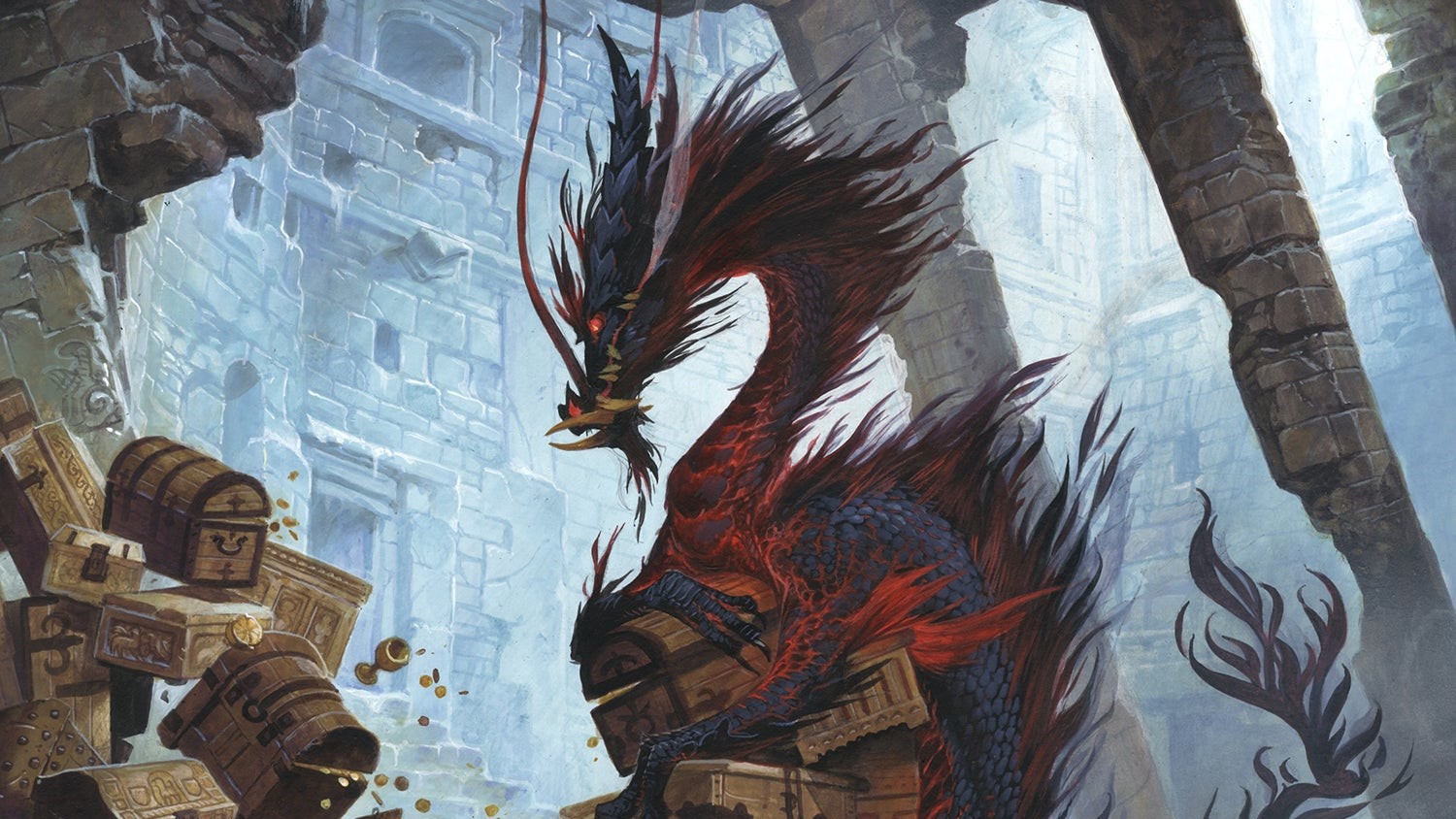
'We want to be where the players are'
As reported by Dicebreaker, when asked whether Pathfinder and Starfinder would receive their own virtual tabletop (VTT) system, Paizo’s marketing director Aaron Shanks gave a matter-of-fact response: “No, not at this time.”
This answer arrives among the background radiation of One D&D—the still-unnamed, technically-not-a-new edition revamp to Dungeons & Dragons 5th edition ruleset—and the looming playtests for its VTT slated for later in the year.
Wizards of the Coast’s new virtual platform suffered a bumpy introduction to the public eye thanks to some attempted sorcery with an update to its Open Game License (OGL). Some fans saw this as an attempt to hamstring what its competitors—including VTTs—could legally do with the TTRPG monolith, by subjecting them to new restrictions while also rendering the previous OGL void.
In the revision, shared by journalist Linda Codega back in January, Wizards stated that the original OGL: “wasn’t intended to allow people to make D&D apps, videos, or anything other than printed (or printable) materials for use while gaming. We are updating the OGL in part to make that very clear.” Fortunately that’s all been walked back, but the OGL’s spectre looms over anything One D&D for the foreseeable future.
Paizo are, according to Shanks, employing a different tactic. He continued: “We’re prioritising the VTTs that our fans choose, and we want to be all the places they are rather than a single location,” going on to cite its dealings with the Demiplane “digital companion” app as an example.
This philosophy goes hand-in-hand with the recent debut of Paizo’s far more lenient version of D&D’s scrapped OGL, the “ORC”. Their news post calls it a “a system-agnostic, perpetual, and irrevocable open gaming licence that provides a legal ‘safe harbour’ for sharing rules mechanics”.
They’re very clear about the “perpetual” part—as quoted from the linked “answers and explanations” document, or the “ORC AxE”: “The ORC License cannot be updated, amended, repealed, revoked, or deauthorized by anyone. Not ever.”
Shanks commented on the ORC while discussing Paizo’s VTT philosophy: “That’s one of the great things about giving away our rules for free; it reduces the barriers to entry and then people can get on board that much easier. We’re focused on making the best tabletop products we can, not the best VTT we can.”
We’ll have to see whether One D&D’s Virtual Tabletop will do anything other than try to fill a hole in the market that’s already been plugged—though I remain sceptical about whether WotC really has got it right.
Paizo’s response makes a whole lot more sense to me: Use what’s already there, give out your rules for free, and collaborate with these community-driven spaces. If gamers have already sussed out a solution to remote D&D play, why try to reinvent that particular wheel? Especially when you’ve got big projects in the pipeline—like Starfinder’s 2nd edition, which was also announced at Gen Con.
Dungeons & Dragons has been king of the mountain for a while—and it’s bound to reel in more players with the utterly smashing Baldur’s Gate 3. Yet with Paizo’s moves in the market continuing to pay off, (Pathfinder ran out of an eight month supply of books in two weeks at the start of 2023), Wizards of the Coast’s competition can only grow sharper teeth.




